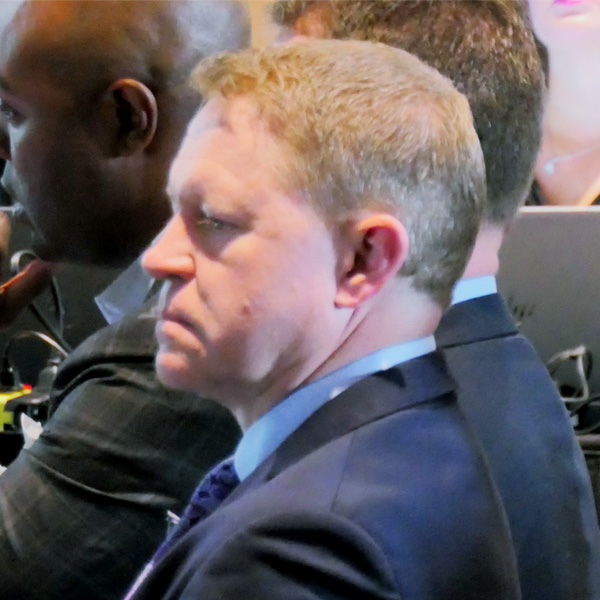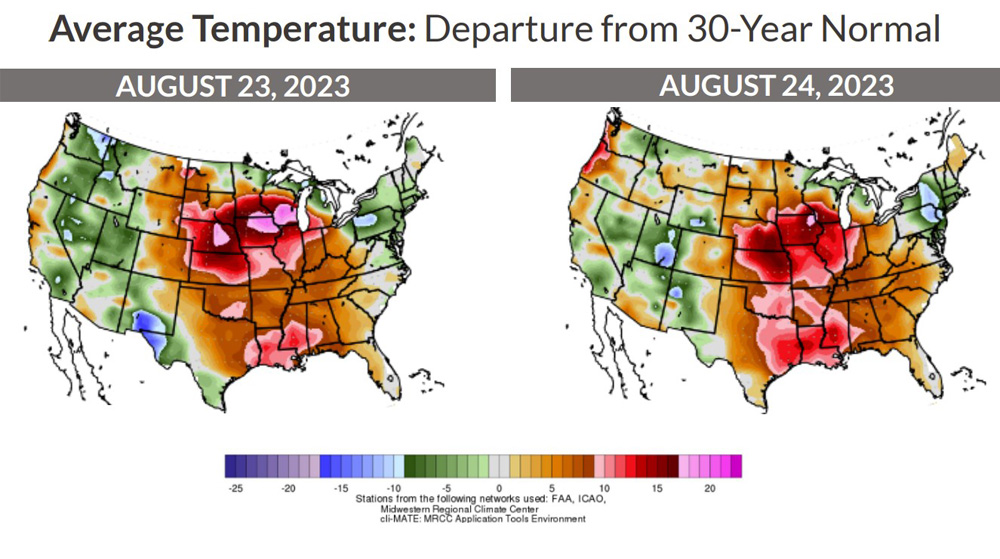Governors of the states that have procured all the offshore wind power contracted to date in U.S. waters are asking the federal government to help the struggling industry regain its momentum.
The governors sent a letter to several ranking officials in the Biden Administration saying that offshore wind development is in danger of failing or becoming unreasonably expensive for ratepayers amid a confluence of challenging factors.
They asked for three forms of relief:
-
- Updated clean energy tax credit guidance from the Internal Revenue Service — including on the Domestic Content and Energy Community bonus credits to the Investment Tax Credit and Production Tax Credit — that will ensure offshore wind developers are fully eligible for them.
- A new revenue-sharing program so that money generated by offshore wind leases does not go only to the federal government. Developers will pass those lease payments on to ratepayers, the governors reason, so some of the resulting revenue should come back to the states where those ratepayers live.
- Expedited clean energy permitting. Slow timelines are hampering efforts to build a clean energy economy and meet decarbonization goals to protect the climate.
The governors of Connecticut, Maryland, Massachusetts, New Jersey, New York and Rhode Island sent their letter to the secretaries of Treasury and Energy, the IRS commissioner, a deputy Energy secretary and two top energy and climate advisers to President Biden.
Offshore wind power development is a signature initiative of Biden, who has set a national target of 30 GW installed by 2030. There are just two projects totaling 42 MW in operation and two projects totaling 932 MW under construction off the New England coast.
Thousands more megawatts are in the pipeline; two major wind farms have gained final federal approval for construction and operation this year and a third may soon follow.
However, these projects all face strong headwinds from inflation, interest rates and supply chain constraints. Two developers have canceled their power purchase agreements and others are threatening to walk away from projects without more money.
Also, developers’ recent bids for state contracts apparently have come in at a very high cost. The world’s leading offshore wind developer, Ørsted, saw its stock price tank after it warned of major cost impairments on its U.S. projects.
“These pressures are affecting not only procurements of new offshore wind but, critically, previously procured projects already in the pipeline,” the governors wrote.
“Absent intervention, these near-term projects are increasingly at risk of failing. Without federal action, offshore wind deployment in the U.S. is at risk of stalling because states’ ratepayers may be unable to absorb these significant new costs alone.”
Clean energy industry advocacy group American Clean Power endorsed the governors’ request.
CEO Jason Grumet said in a prepared statement: “This letter comes at a pivotal time, with the industry seeking to scale up rapidly but meeting headwinds due to inflation, supply chain constraints and permitting delays. The success of offshore wind development in these states will go a long way towards determining whether we achieve the Biden Administration’s 30 GW of offshore wind by 2030 objective.”


